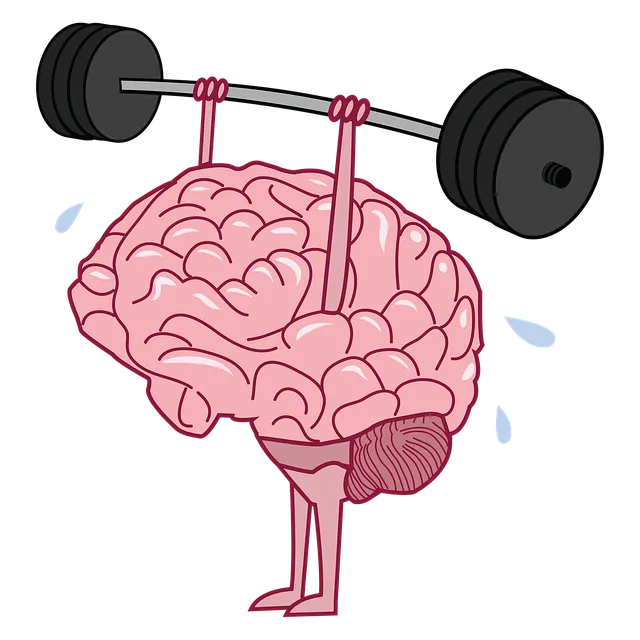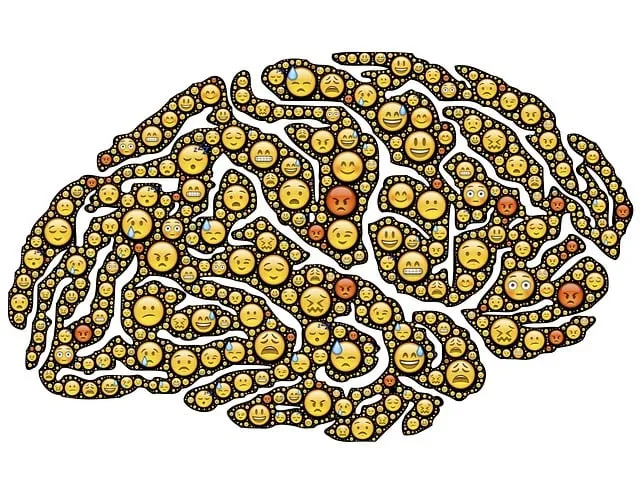The Longmont Kaiser Permanente mental health center emphasizes that effective coping skills are crucial for managing life's challenges and achieving positive mental health. They offer tailored services, including mindfulness practices, empathy-building techniques, and trauma support to empower individuals with robust coping mechanisms. By identifying personal stressors and triggers, integrating coping skills into daily routines, and adopting a holistic approach, folks can enhance their emotional well-being. The Longmont Kaiser Permanente mental health center acts as a community cornerstone for mental wellness through evidence-based practices and diverse programs.
Coping skills are essential tools for navigating life’s challenges. This article explores the development of these skills, highlighting their significance in managing stress and improving overall well-being. We delve into effective strategies, including insights from the Longmont Kaiser Permanente Mental Health Center, which offers valuable resources for identifying stressors and integrating coping techniques into daily routines. Discover practical tips to enhance resilience and promote a healthier mental state.
- Understanding Coping Skills and Their Significance
- The Role of Longmont Kaiser Permanente Mental Health Center in Coping Skills Development
- Identifying Personal Stressors and Triggers
- Strategies for Effective Coping: Techniques and Activities
- Integrating Coping Skills into Daily Life: Tips from the Experts
Understanding Coping Skills and Their Significance

At the Longmont Kaiser Permanente mental health center, we recognize that coping skills are essential tools for navigating life’s challenges and maintaining well-being. Understanding coping skills involves recognizing the strategies individuals use to manage stress, process emotions, and overcome difficult situations. Effective coping mechanisms help foster resilience, promote positive mental health, and enhance overall quality of life.
The significance of coping skills development cannot be overstated, especially in today’s fast-paced and often stressful world. By equipping ourselves with a repertoire of healthy coping skills, we can better manage stressors, resolve conflicts, and cultivate a sense of inner peace. This is particularly crucial for individuals seeking to improve their mental health and overall life satisfaction, as it empowers them to take charge of their emotional well-being and make positive changes.
The Role of Longmont Kaiser Permanente Mental Health Center in Coping Skills Development

The Longmont Kaiser Permanente Mental Health Center plays a pivotal role in fostering coping skills development within its community. As a leading healthcare provider, the center offers comprehensive services tailored to meet diverse mental health needs. Through specialized programs and therapies, they empower individuals to navigate life’s challenges effectively. The center’s dedicated team of mental health professionals employs evidence-based practices to teach essential coping strategies, focusing on mood management and resilience building.
In addition to its clinical services, Longmont Kaiser Permanente actively engages in risk management planning for mental health professionals, ensuring a safe and supportive environment. They also implement successful community outreach program initiatives, broadening access to mental health resources. These efforts contribute significantly to the overall well-being of the community, promoting healthier individuals equipped with robust coping skills.
Identifying Personal Stressors and Triggers

Identifying personal stressors and triggers is a fundamental step in developing effective coping skills, and it’s an area where the expertise of professionals like those at Longmont Kaiser Permanente mental health center can be invaluable. This process involves becoming attuned to the unique factors that cause stress or trigger adverse emotional reactions. It could be certain situations, people, thoughts, or even specific environments that prompt feelings of anxiety, depression, or anger. By taking time to reflect and recognize these triggers, individuals gain valuable insight into their mental health landscape.
The Mental Wellness Podcast Series Production often delves into personal narratives of stress management, offering practical tips for identifying and addressing triggers. Moreover, the Healthcare Provider Cultural Competency Training can help professionals better understand their clients’ stressors, especially those stemming from cultural or socioeconomic backgrounds, which is crucial in providing tailored support. Additionally, a thorough risk assessment, as discussed in Risk Assessment for Mental Health Professionals, ensures that both practitioners and individuals are equipped to manage potential triggers effectively.
Strategies for Effective Coping: Techniques and Activities

At the Longmont Kaiser Permanente mental health center, coping skills development is a cornerstone of their approach to holistic well-being. Effective coping strategies are tailored to individual needs, but certain techniques and activities have proven universally beneficial. Mindfulness practices, such as deep breathing exercises and meditation, help individuals cultivate emotional regulation and reduce stress levels. These practices enable folks to stay grounded in the present moment, thereby minimizing the impact of past traumas or future anxieties.
Additionally, empathy-building strategies are integral to coping skill development. Engaging in active listening, practicing compassion towards oneself and others, and participating in group therapy sessions foster a sense of connection and understanding. Trauma support services within Longmont Kaiser Permanente leverage these techniques to create safe spaces where individuals can process their experiences, build resilience, and develop healthy coping mechanisms. By combining emotional regulation techniques with empathy-focused strategies, the mental health center equips its clients with robust tools for navigating life’s challenges.
Integrating Coping Skills into Daily Life: Tips from the Experts

Integrating coping skills into your daily routine is a powerful way to enhance your mental health and overall well-being. At the Longmont Kaiser Permanente mental health center, experts emphasize that these strategies are not one-size-fits-all; instead, they encourage personalization to meet individual needs. Start by identifying triggers and stressful situations, then choose coping mechanisms that resonate with you. For example, deep breathing exercises can be a simple yet effective tool for anxiety relief during busy days.
Creating a structured self-care routine is another valuable tip from our mental health professionals. Allocate specific times for activities that promote emotional regulation, such as meditation, journaling, or engaging in hobbies. Consistency is key; regular practice ensures these skills become second nature. Incorporate physical activity, balanced meals, and adequate sleep to create a holistic approach to self-care, leaving you better equipped to navigate life’s challenges.
Coping skills development is a powerful tool for navigating life’s challenges, and the Longmont Kaiser Permanente Mental Health Center plays a vital role in empowering individuals to take control of their well-being. By understanding personal stressors, employing effective coping strategies, and integrating these practices into daily routines, folks can enhance their resilience and overall mental health. This comprehensive approach, guided by experts at the center, ensures that individuals are equipped to handle life’s ups and downs with grace and effectiveness.

